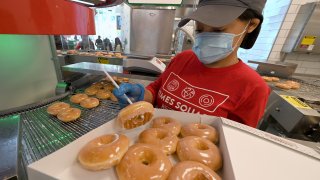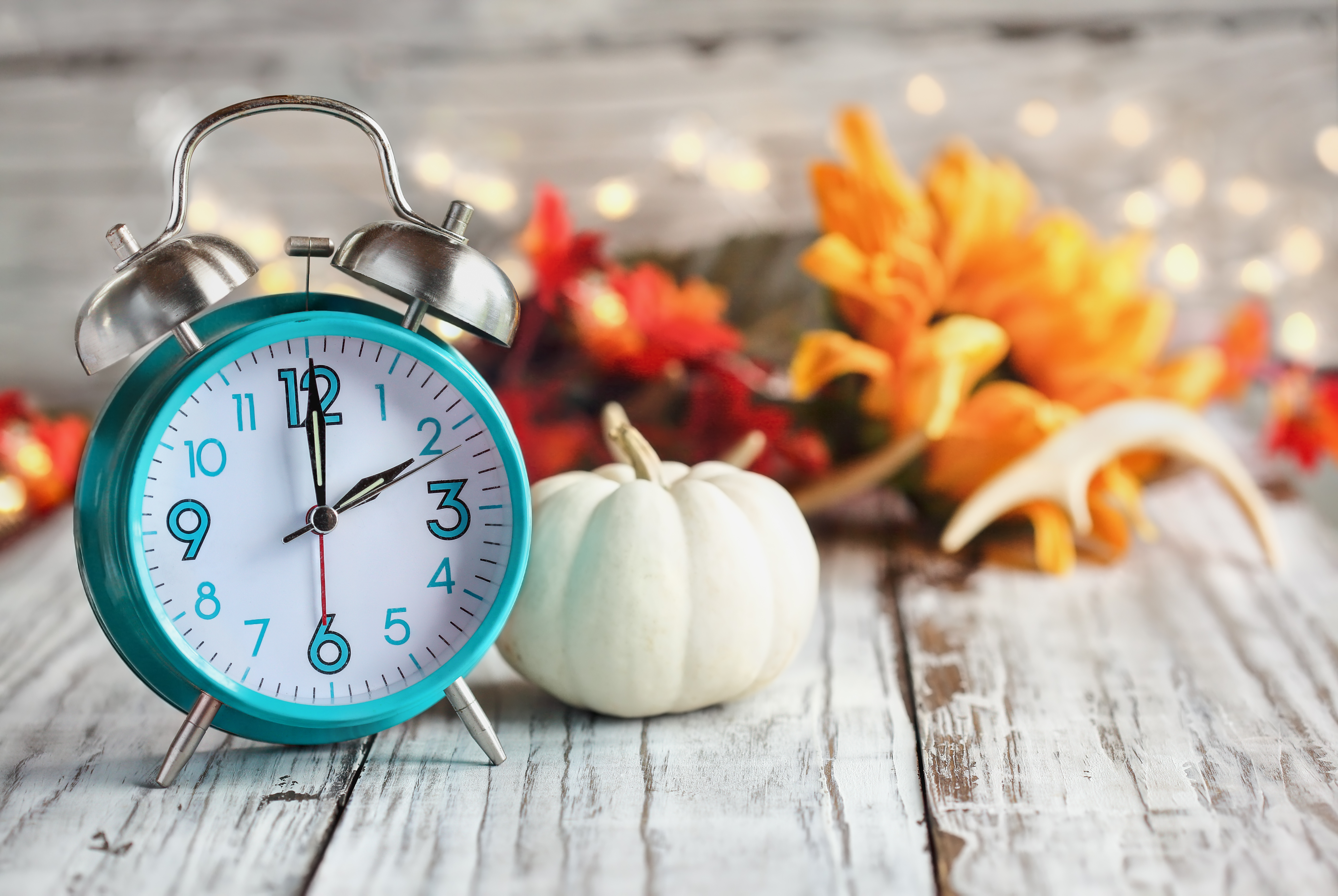
- From free doughnuts and beer to million-dollar payouts, companies and community groups are trying all sorts of incentives to get more people vaccinated.
- Studies show the gambit might be more effective only among certain groups.
What will it take to convince people to get vaccinated against Covid? From free doughnuts to million-dollar payouts, public and private groups are trying it all.
In March, Krispy Kreme was one of the first businesses to roll out a nationwide Covid vaccine incentive, offering a free glazed doughnut to any adult with a vaccination card.
Get top local stories in San Diego delivered to you every morning. Sign up for NBC San Diego's News Headlines newsletter.
Since then, the company said it has given away more than 1.5 million doughnuts. (The offer still stands through the remainder of the year.)
"We were the first national brand to launch a campaign to show support for Americans choosing to get vaccinated, and we were hopeful that others would join us," said Dave Skena, chief marketing officer at Krispy Kreme.
More from Personal Finance:
Suffering from post-Covid sticker shock?
Make these moves before you start post-pandemic spending
More colleges move to require Covid vaccines
Local
"So, it's very gratifying to see so many companies, organizations, communities and even state governments encouraging and incentivizing people to protect themselves and others by getting vaccinated."
While some states, like New Jersey and Connecticut, are offering a free beer or nonalcoholic beverage to encourage more people to get vaccinated against Covid, others like Ohio and Maryland have gone much further.
Last week, Maryland held the first of its $40,000 lottery drawings for people who have been vaccinated. There will be 40 consecutive days of drawings for a $40,000 prize, ending on July 4 with a final drawing for a $400,000 payout.
Ohio is also holding a series of drawings for cash prizes, although its "Vax-a-Million" contest ups the ante significantly.

The latest data from the Centers for Disease Control and Prevention shows that about half of the U.S. population has had at least one shot — and yet, the pace of Covid vaccinations has slowed nationwide.

Incentives may become increasingly important to move the needle from here, according to Bob Bollinger, a professor of infectious diseases at the Johns Hopkins University School of Medicine and inventor of the emocha Health app.
"It really depends on what the barriers are that people have about getting vaccinated," Bollinger said. The higher those barriers are, the harder they are to overcome, he added.
A handful of states have reported that vaccine incentive programs have increased local vaccination numbers in some demographics after recent drops.
For its part, Ohio said its vaccination rates doubled in some counties after the state vaccine lottery was announced.
Recent data shows that the gambit might be more effective among certain demographics, but with little downside overall, according to a report by Morning Consult.
The poll of 2,200 adults, including nearly 1,600 people who are unvaccinated, found that men are more inclined than women to say these offers would make them sign up to receive a shot. Democrats, more than Republicans, also said they'd be more likely to get vaccinated if they could get free goods or services and, when broken down by generation, millennials were the most likely to say certain freebies would motivate them to get vaccinated.
An earlier survey by Blackhawk Network found that more than two-thirds of adults said they would accept a monetary incentive ranging from as little as $10 to as much as $1,000. One-third said they would get vaccinated for $100 or less. Blackhawk Network polled more than 2,000 adults in January.



